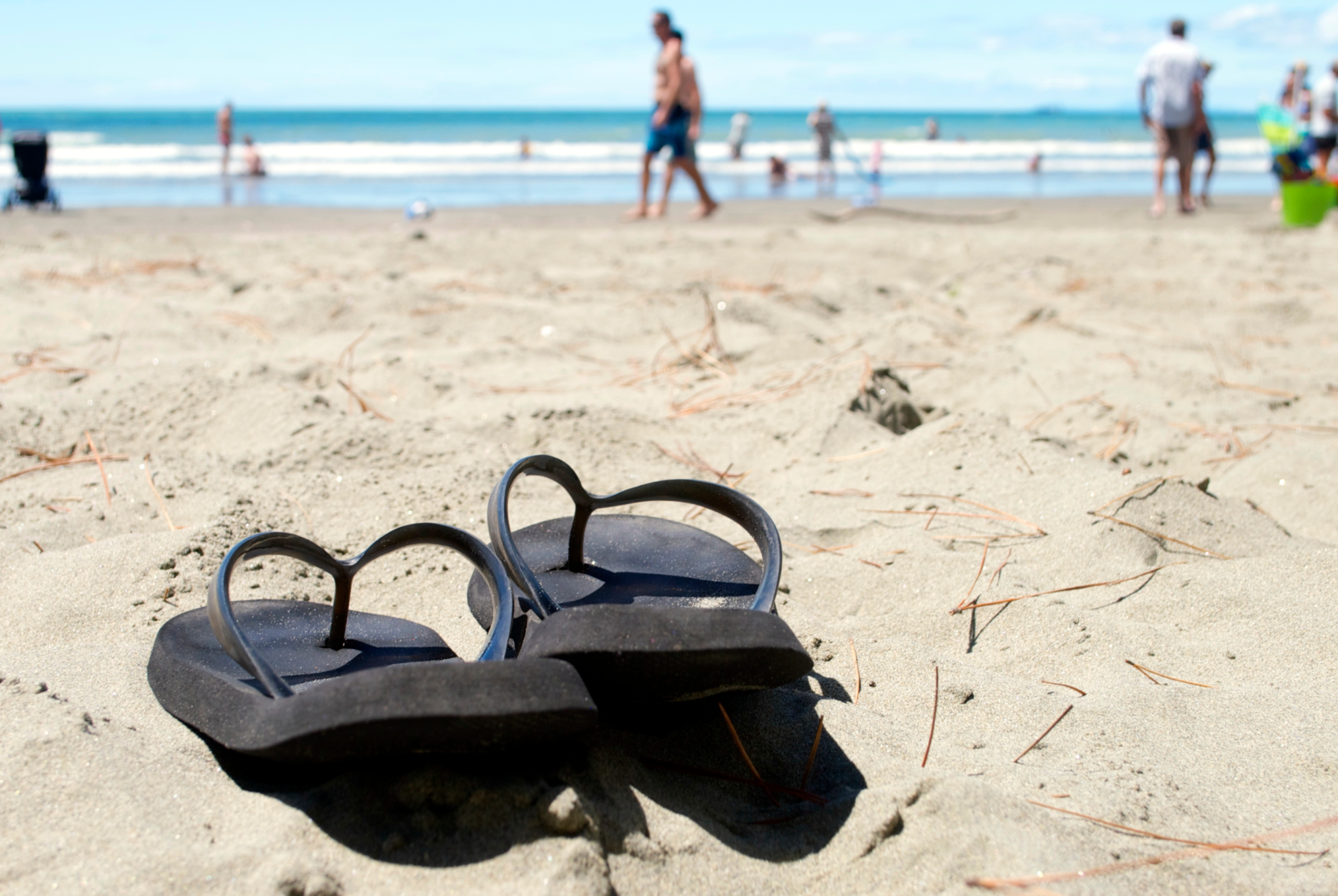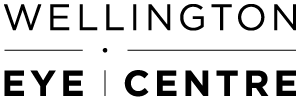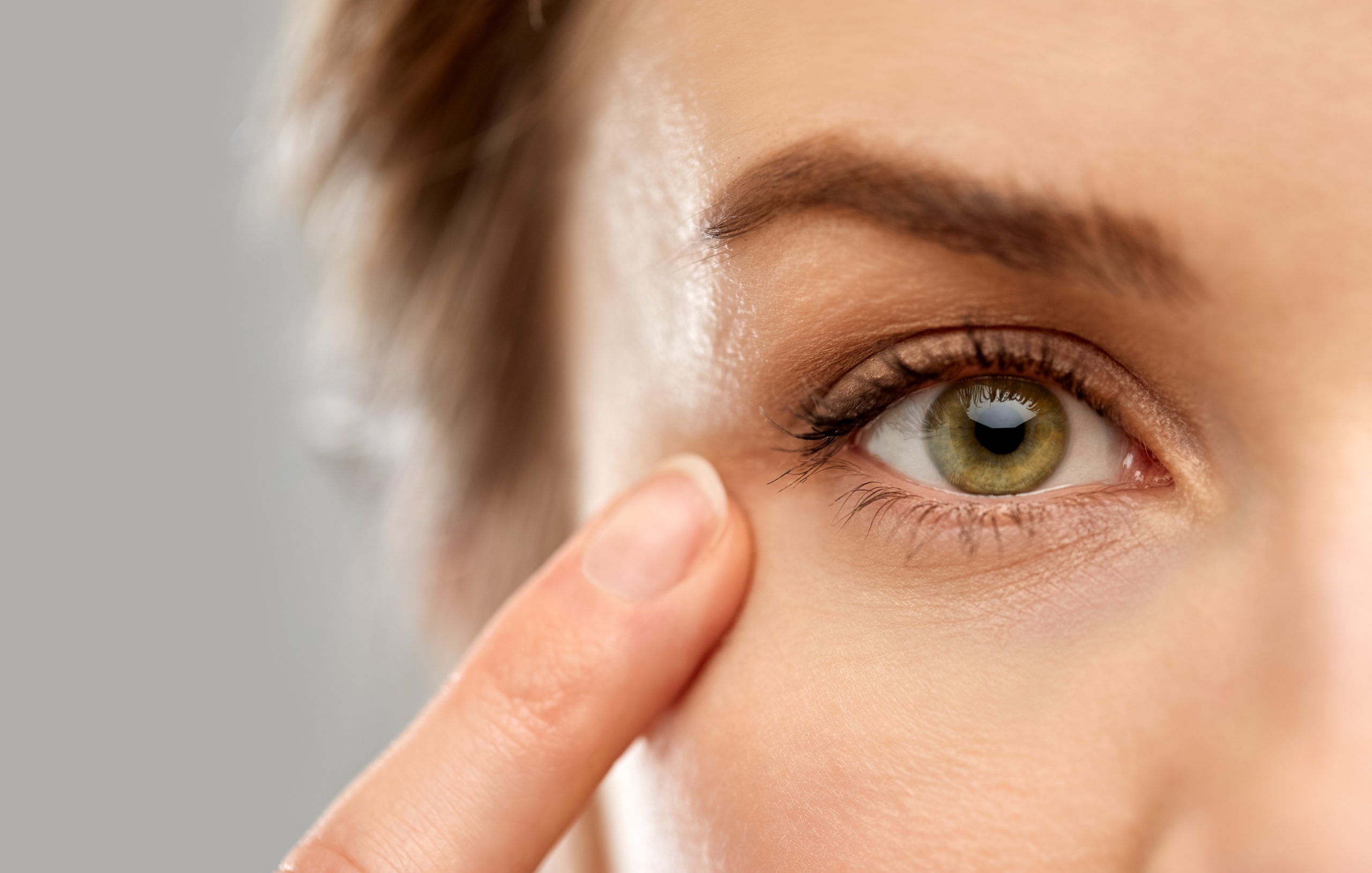Cataract surgery is one of the most common operations done on the human body and is certainly one of the most successful and safe ones. Over the last 30 years, there have been enormous advances in the technology and techniques used to perform cataract surgery, making it a relatively simple, quick and safe operation. Most people have excellent visual outcomes with a low risk of significant complications.
Dr Logan performed cataract surgery for many years, both in the public hospital and privately. However, we do not currently offer cataract surgery at the Wellington Eye Centre. But if we think this is the best option for you we will happily refer you to another practice.
What Are Cataracts?
But what are cataracts? And how do you know if you have them? Our Ophthalmologist, Dr Andrew Logan, has written this article to answer exactly that!
Cataract is the word used to describe an opacity or clouding of the lens of the eye. The lens of the eye is found behind the pupil (the black circle in the centre of the coloured iris) and is responsible for adjusting the focus of the eye for different distances.
In children and young people, the lens is usually clear, but with increasing age, the lens typically starts to develop a brown discolouration. The lens is made of protein and water and is normally clear because of how the protein is arranged. With ageing or other causes, the protein can start to stick together in clumps, which causes the lens to get a brown tinge. This discolouration becomes more pronounced with age and at some point, will start to affect colour vision and make reading more difficult. While cataracts are usually associated with ageing, they can also occur following an eye injury, other surgery inside the eye, having diabetes or taking steroids.
Once a cataract starts to affect vision significantly, cataract surgery is likely to be recommended by your eye surgeon.
Have a watch of this video to see what vision can look like with cataracts.
In cataract surgery, the eye surgeon will remove your cloudy lens and replace it with a new artificial intraocular lens. Modern cataract surgery is microsurgery performed through a tiny incision. It’s minimally invasive and really quick to do.
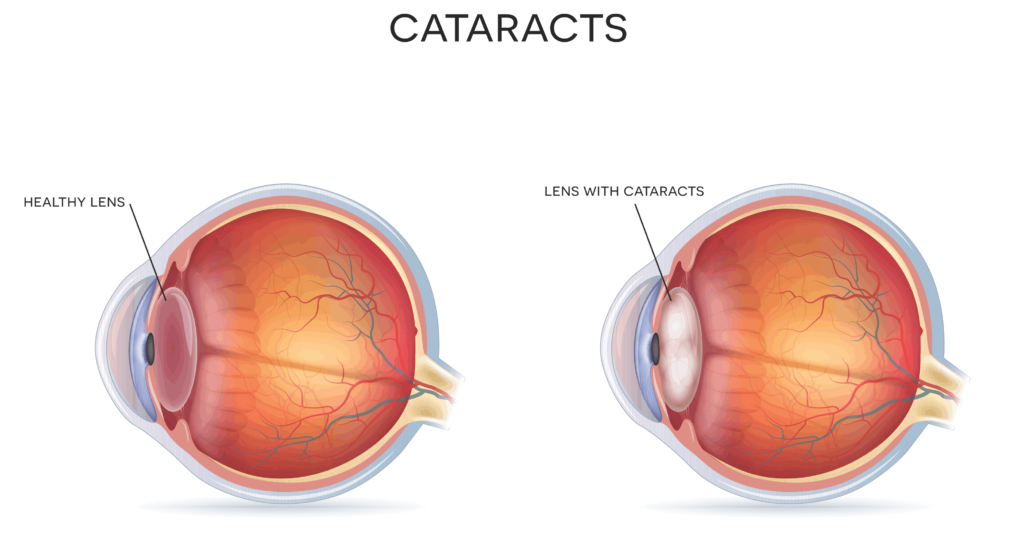
What Are The Symptoms Of Cataracts?
Cataracts can differ between people, and they can affect vision in several ways.
Generally, a person will notice their eyesight is going a bit blurry, similar to looking through a piece of cloudy glass. Cataracts that develop as a result of ageing usually cause a slow and gradual clouding of vision, which can take several years to reach a point where surgery is required.
Some cataracts, particularly those associated with eye injuries, diabetes and steroid use, may progress rapidly and can cause quite severe problems with light sensitivity, glare and halos around lights at night.


What Should I Do If I Have Cataracts?
Anybody over 40 years of age should have regular checkups with an eye specialist or optometrist. These checkups would normally pick up signs of cataracts at an early stage. There are currently no treatments available to prevent the progression of cataracts, so normally nothing will be done until your vision becomes noticeably affected, at which point cataract surgery can be carried out.
If you’re over 60 years of age and have noticed your vision is deteriorating, but have not had an eye check recently, this could be due to cataracts developing or a condition called age-related macular degeneration (ARMD). You should have your eyes checked with an eye specialist or optometrist to determine what is causing the visual deterioration and what should be done.
Can I Have Cataract Surgery After Having Laser Eye Surgery?
Over the last 30 years, large numbers of people in New Zealand and throughout the world have had laser eye surgery, such as LASIK, PRK and SMILE®. Many of these people are now reaching the age when they develop cataracts. Fortunately, laser eye surgery does not prevent you from having safe and successful cataract surgery performed.
If you had monovision surgery, laser blended vision surgery or Presbyond, giving you better vision in one eye for distance vision, and near vision for the other, you can have the same thing done when you have cataract surgery.
Make sure your cataract surgeon knows if you’ve had laser eye surgery in the past. They will need to get some readings, which your laser surgeon would have taken before carrying out your laser eye surgery. These readings will help determine what intraocular lenses to use in your cataract surgery.
Can I Have Cataract Surgery Instead Of Laser Eye Surgery To Correct My Vision?
If you’re having cataract surgery, your vision can be adjusted through the choice of the intraocular lens used in the surgery, so that you don’t need to wear glasses after surgery.
It seems logical that you could have your vision corrected by performing cataract surgery rather than laser eye surgery, however, cataract surgery, while it is very simple and safe, is a little more invasive than laser eye surgery. For this reason, most eye surgeons would recommend performing LASIK or SMILE surgery for vision correction, unless:
- you already have cataracts developing,
- you’re extremely long or short-sighted
- or have thin corneas.
In this case, cataract surgery is likely to be recommended to you.
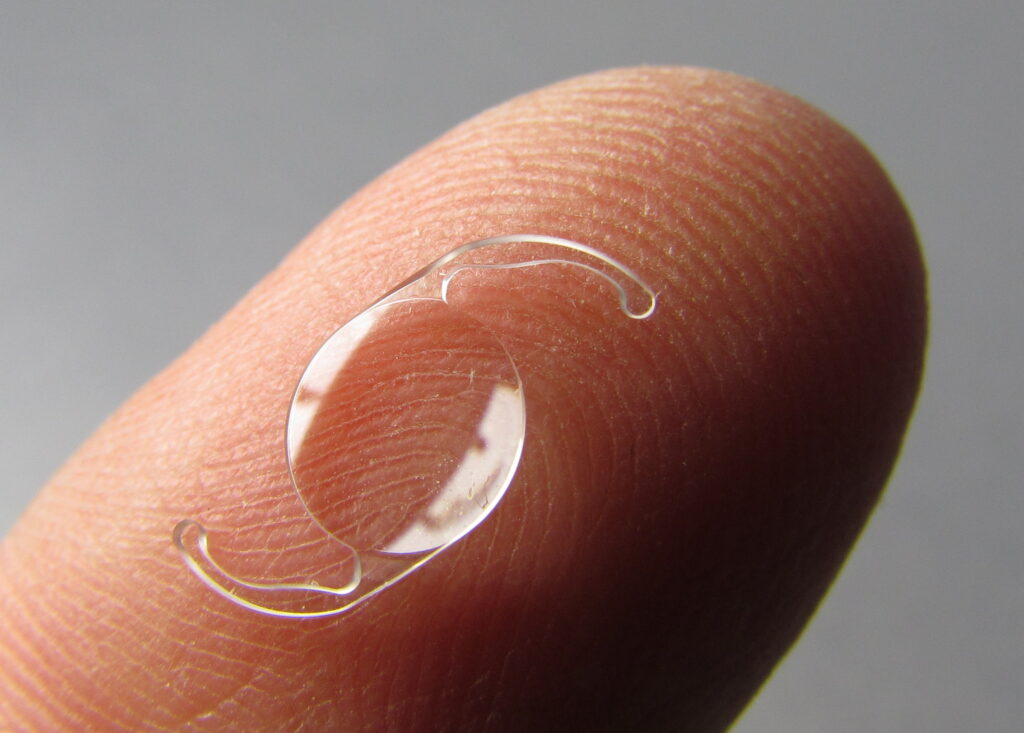
How Long Does Cataract Surgery Take?
Modern cataract surgery is a relatively quick procedure. The operation is done under local anaesthetic in most cases and normally takes 10 to 20 minutes. Most people will only spend one to two hours in the hospital. If you are very anxious or claustrophobic, your surgeon may recommend to have the surgery under general anaesthetic.
Will I Need To Wear Glasses After Having Cataract Surgery?
During cataract surgery, the lens of the eye is removed and replaced with an artificial intraocular lens or IOL. The focusing power of the IOL is chosen by the eye surgeon to focus your eye at a particular distance. Your eyes may be set for good distance vision, in which case you may need reading glasses or they may be set for good reading vision, and require glasses for distance vision.
A good choice for many people is to have what is known as monovision, where one eye is set for distance vision and one eye is set to be mildly shortsighted. This can work very well and can substantially reduce the need for reading glasses. Multifocal IOLs can also be used. These can give good near and distance vision in both eyes at the same time. However, these lenses are significantly more expensive than regular IOLs, and can also cause some issues with vision in reduced lighting, such as halos and starbursts around lights. Finally, if you have a significant amount of astigmatism, astigmatism-correcting IOLs, called toric lenses, can help to reduce your need for glasses after having cataract surgery.

How Much Does Cataract Surgery Cost In New Zealand?
In New Zealand, cataract surgery is available in the public health system and also in the private health system. Cataract surgery in the private health system costs between $5000 and $7500 per eye. The cost of surgery is affected by the type of IOL used and also varies depending on the city and the facility where the surgery will be carried out.
Most health insurance policies will cover part or all of the cost of cataract surgery. If you can’t afford to pay the cost of cataract surgery, or don’t have health insurance, you may wish to have your surgery carried out in a public hospital. The public health system is unable to treat everyone who may want to have cataract surgery. So a scoring system is used to decide if you qualify for free cataract surgery at a public hospital. If your vision is not badly affected, your score may be too low to be placed on the waiting list for public hospital surgery.
What’s The Recovery Time After Cataract Surgery?
Visual recovery is very quick after routine cataract surgery. The local anaesthetic used during the surgery may make your vision blurry and take some time to wear off. Most people would expect to see very clearly the morning after cataract surgery, and vision should normally remain stable from then on.
It’s usually recommended you avoid heavy exertion or vigorous exercise in the first one to two weeks after cataract surgery. You should avoid getting water or potential contaminants in the eye at the same time. If you are going to need glasses after the surgery, these can usually be prescribed within one to two weeks of the operation.
Hopefully, we have answered some of your questions! Although Dr Logan no longer performs cataract surgery feel free to get in touch with the team at Wellington Eye Centre if you have any other questions. Call us on 0800 733 327 or complete the contact form below.
SMILE® is a registered trademark of Carl Zeiss Meditec.

Common Medications Used in Laser Eye Surgery
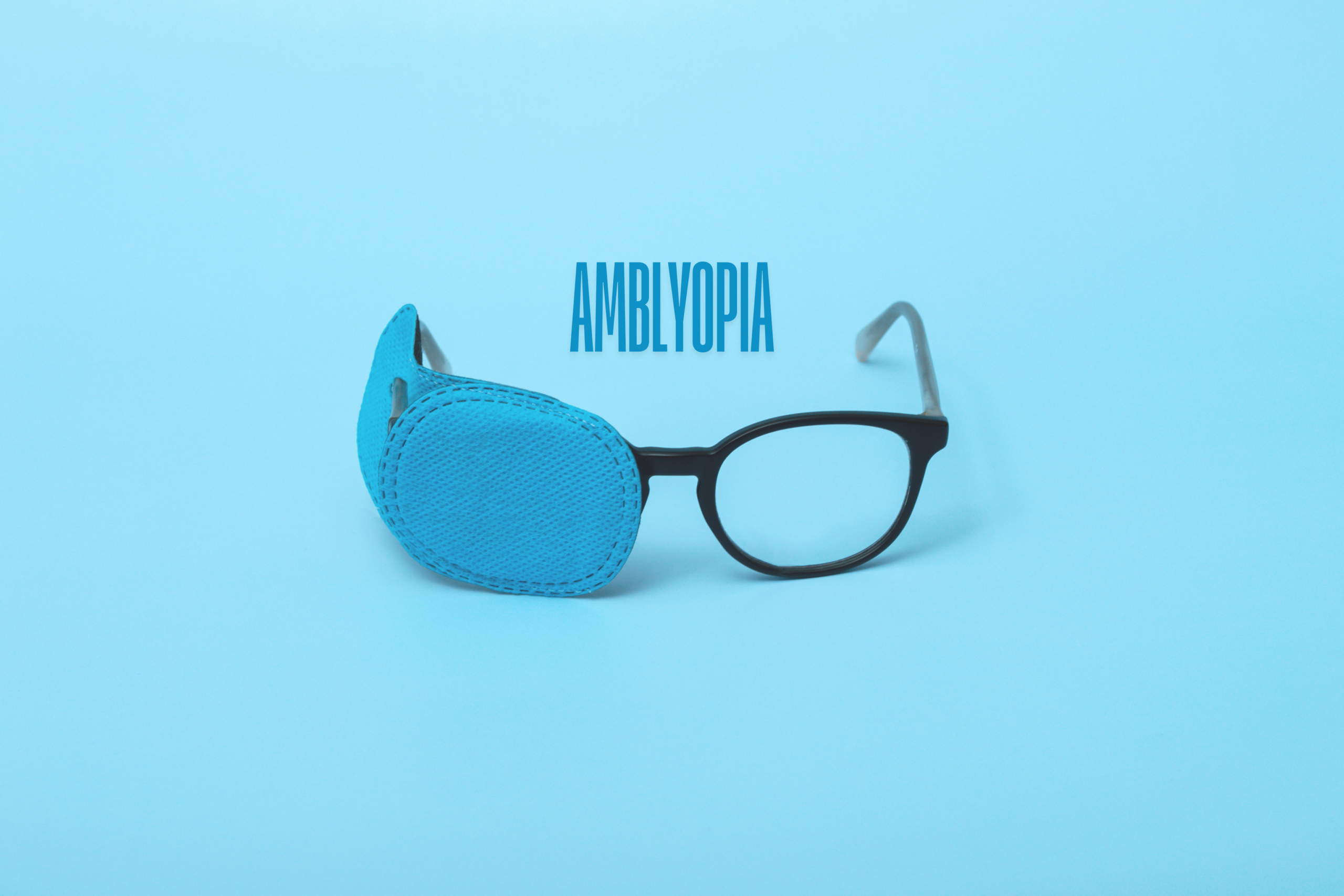
Amblyopia and Laser Eye Surgery
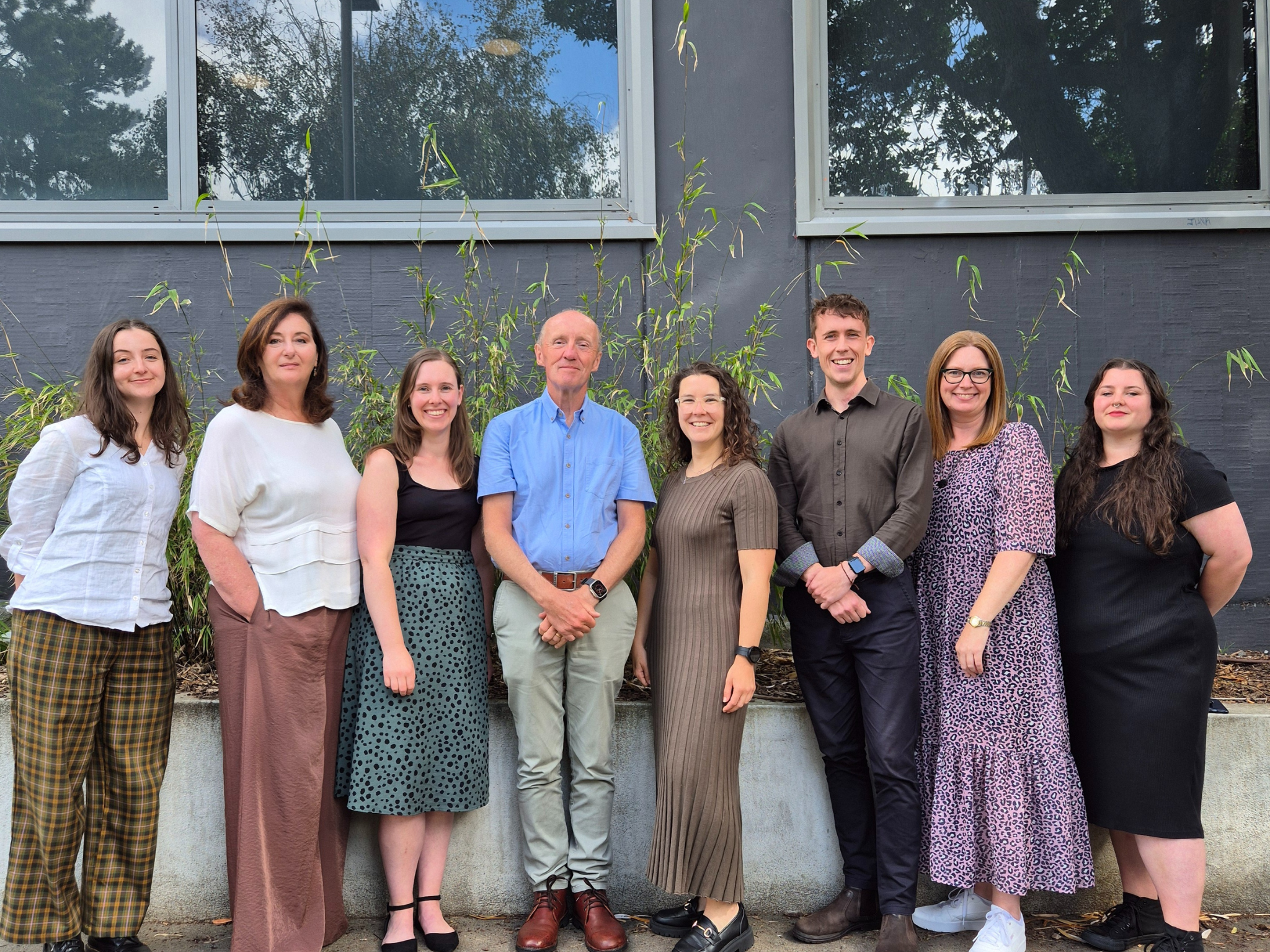
Meet The Team at the Wellington Eye Centre

How Much Does Laser Eye Surgery Cost in 2025?
